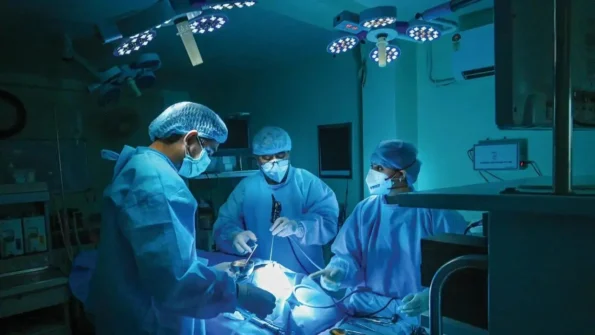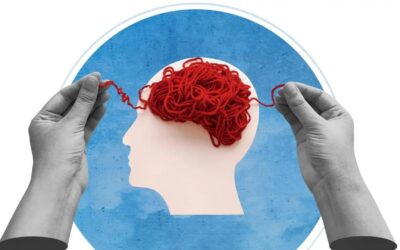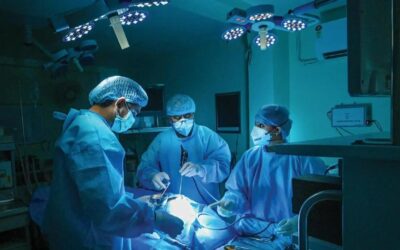Mumbai doctors give new lease of life to Kolkata youth battling Type-1 Diabetes

Doctors at a Mumbai hospital have given a new lease of life to a Kolkata youth who had been battling with Type-1 diabetes since the age of three.
Rishi Sharma, a 25-year-old student from Kolkata underwent a successful Simultaneous Pancreas-Kidney (SPK) transplant, which has relieved him from lifelong insulin injections and dialysis.
The complex four-hour surgery was performed by a multidisciplinary team of doctors, led by Dr. Jatin Kothari, senior director, Nephrology & chief consultant, Renal Transplant Medicine, and Dr. Gaurav Chaubal, director, Liver & Multi Organ Transplant at Nanavati Max Super Speciality Hospital in Mumbai.
Rishi had been dependent on multiple insulin injections daily since childhood. Over the years, uncontrolled diabetes led to progressive complications, including eye damage, stunted growth, and ultimately end-stage kidney failure almost three years back, making him completely dependent on dialysis. Despite dialysis, his condition was deteriorating, and then his family approached Nanavati Max Hospital.
Post thorough evaluation, it was revealed that he needed a simultaneous pancreas and kidney transplant to lead a healthy life. He was then registered on the organ transplant waitlist, and after six months, he got a call for surgery. Through the cadaveric organ donation of a 41-year-old patient, who had been declared brain dead at the hospital, following internal bleeding in the skull, the organs were retrieved for transplant. The donor’s family consented to donate his organs, fit for transplant: pancreas, kidneys, liver, and heart. Rishi was found to be an ideal match for both the kidneys and pancreas.
Speaking about the case, Dr Kothari said, “Not every individual with diabetic kidney failure qualifies for this simultaneous procedure. Pancreas-Kidney transplant is recommended only for patients with insulin-dependent Type-1 diabetes who have developed end-stage kidney disease. By transplanting both organs together, we were able to not only treat his kidney failure but also correct the root metabolic defect, thereby freeing him from insulin dependence. The surgery went on for four hours, and the patient was discharged 21 days post-operative.”
Dr Chaubal, who performed the transplant, said, “It is commendable that, in the face of a grave tragedy, the family decided to donate the organs of their loved one and gave a new lease of life to four individuals with end-stage organ failure. The case also highlights the importance of an organised deceased-donor programme and centres with the depth of experience, technology, and clinical governance that our hospital offers.”
Search
Recent
- AI-powered Jio ‘Smart Glasses’ launched, can take photos by speaking:You can change movies to your native language with Voice Print AI, while MaxView offers multi-angle match viewing
- AI talent war: Ex-OpenAI VP raises ‘salary alarm’; flags growing divide in tech
- Are banks open on Saturday? Check state-wise list of upcoming holidays
- ‘Jab We Met’: Missing woman left for lover; returns with new husband she met on train
- J&K: Seven feared dead as landslide flattens residential house in Reasi; cloudburst in Ramban



